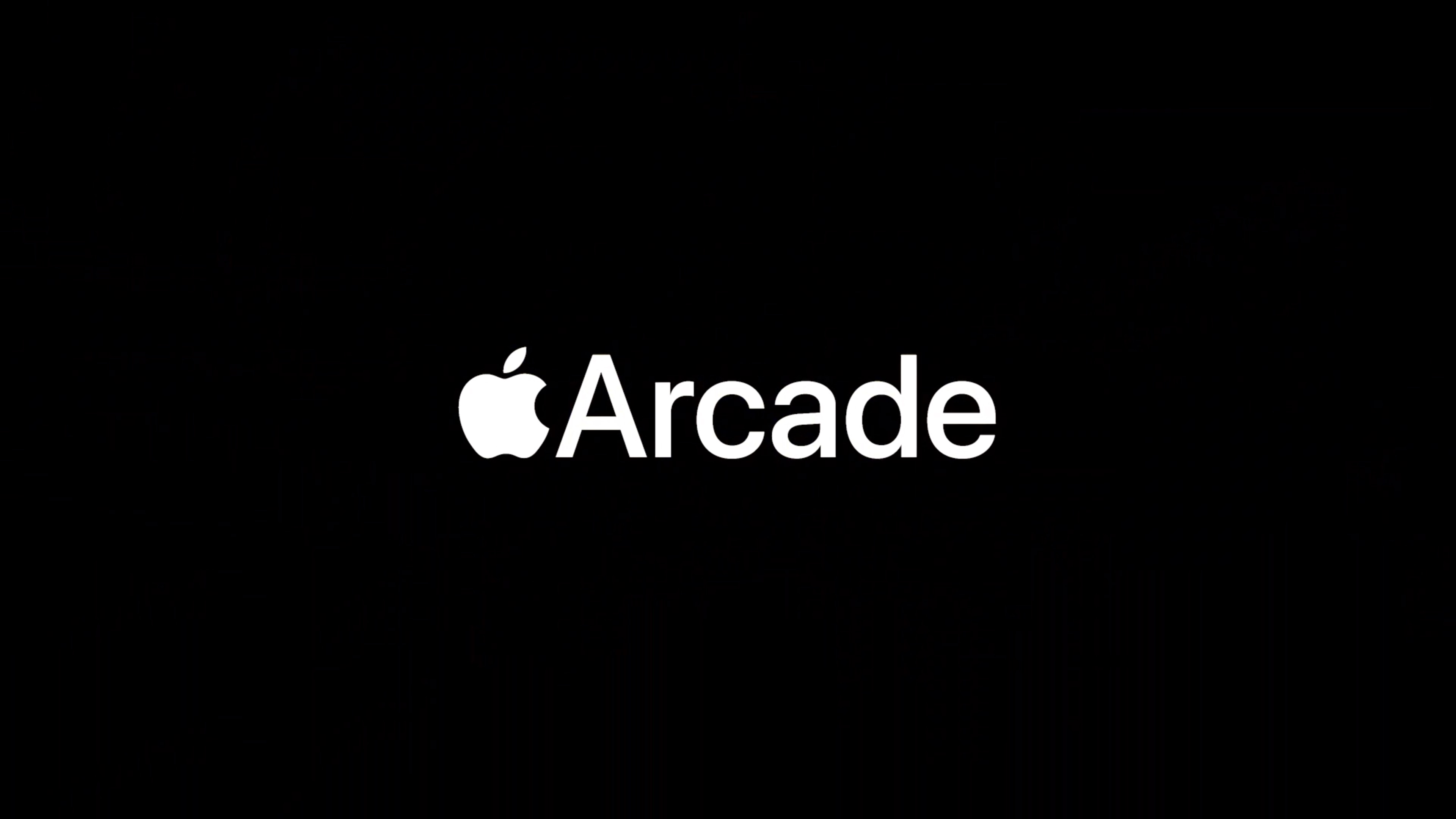Apple introduced its new service called Apple Arcade with great fanfare during yesterday's Keynote. It is a platform operating on the basis of a regular subscription. Within it, users of almost all age categories will be able to enjoy attractive game titles of all possible genres, both from big names and independent creators. What exactly will the Apple Arcade menu look like?
We could already see a brief overview of the game titles that Apple Arcade will offer users during the live Keynote broadcast. A complete list of all the games in the menu would understandably take a lot of time, which is why their detailed list was published only now. Apple Arcade will feature the following games:
- Beyond a Steel Sky (Sequel to Beneath a Steel Sky by Revolution Software)
- Cardpocalypse Versus Evil
- Doomsday vault
- Down in bermuda
- Enter The Construct
- Fantasia (from Mistwalker, founded by Final Fantasy series creator Hironobu Sakaguchi)
- Frogger
- Hitch Hiker Versus Evil
- Hot lava
- Kings of the castle
- lego arthouse
- Lego brawls
- lifelike
- monomal
- Mr Turtle
- No way home
- Oceanhorn 2: Knights of the Lost Realm
- Overland
- Projection: FirstLight
- Repair (from ustwo games, the creators of Monument Valley)
- Sayonara Wild Hearts
- Sneaky sasquatch
- Sonic racing
- spidersaurs
- The Bradwell Conspiracy
- The Pathless
- UFO on Tape: First Contact
- Where Cards case
- Winding worlds
- Yaga Versus Evil
- Changing App Store gaming

While some of the titles on this list you may be familiar with or at least familiar with, others may be your first time. Since the service will not be officially launched until the fall, the list will expand in the near future by about three dozen more titles to the promised hundred (and more). Users can also look forward to downright exclusive pieces.
With the launch of Apple Arcade, Apple wants to break iOS gaming out of the in-app purchase model that still dominates the App Store. Moving to a subscription system could provide game developers with more consistent revenue and thus better opportunities to maintain, improve and update their applications.
It could be interest you

Source: Cult of Mac
And wasn't it by chance that Apple called developers to make in-app purchases?
It doesn't make it clear to me if these titles will be available for purchase separately, or if they will only be available to subscribers? From the business model, it looks like only within the Arcade, which is of course just a business trick to sell something the user doesn't really want, along with what he wants. I am disappointed with Keynote, both sw and hw news zero, those fantastic new products promised by Kuk for 5 years, nothing again. All focused only on how to make more money on existing, copying existing models and bragging about the ability to buy everyone else. Well, the world is evolving, and Apple with it.